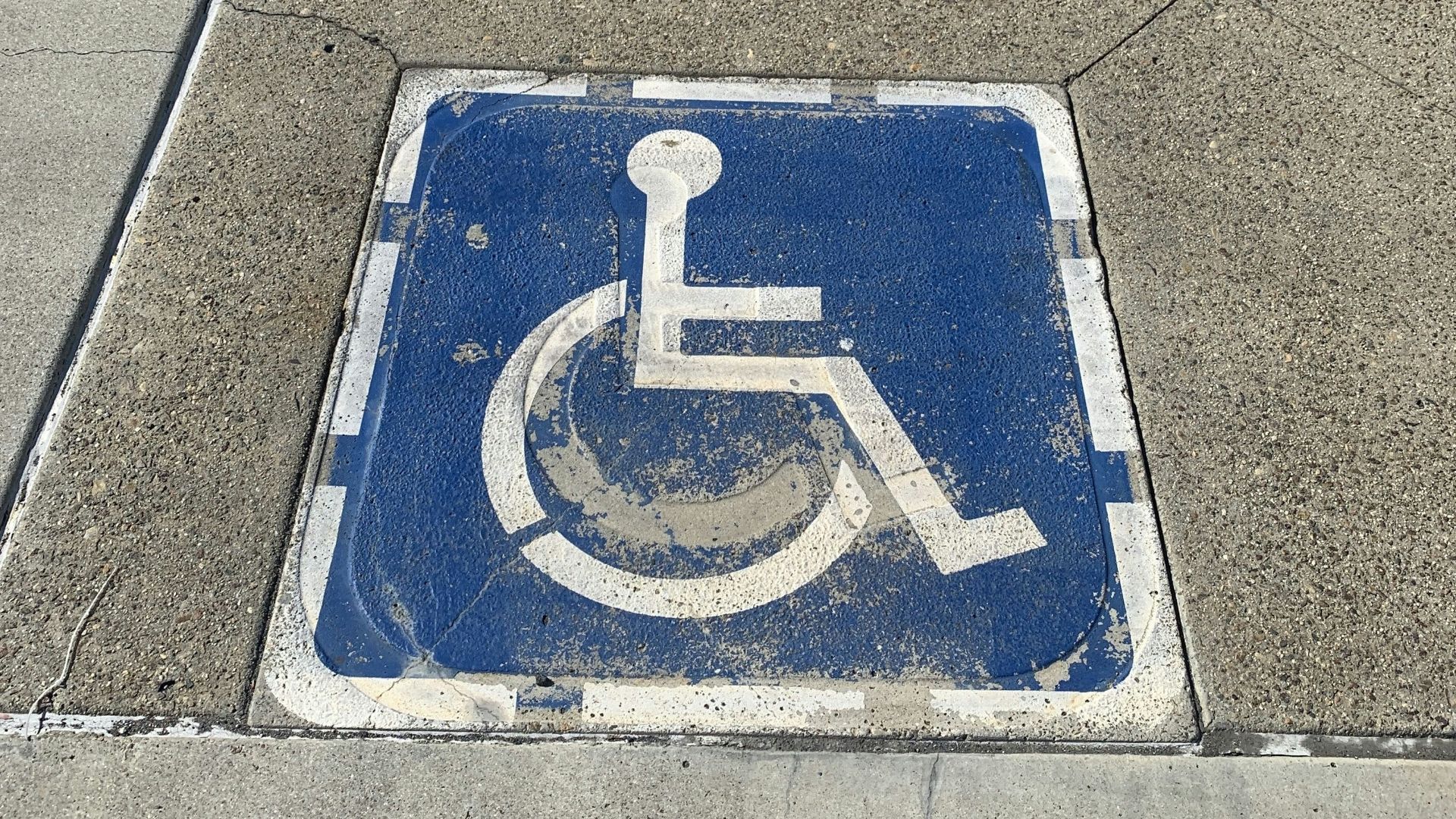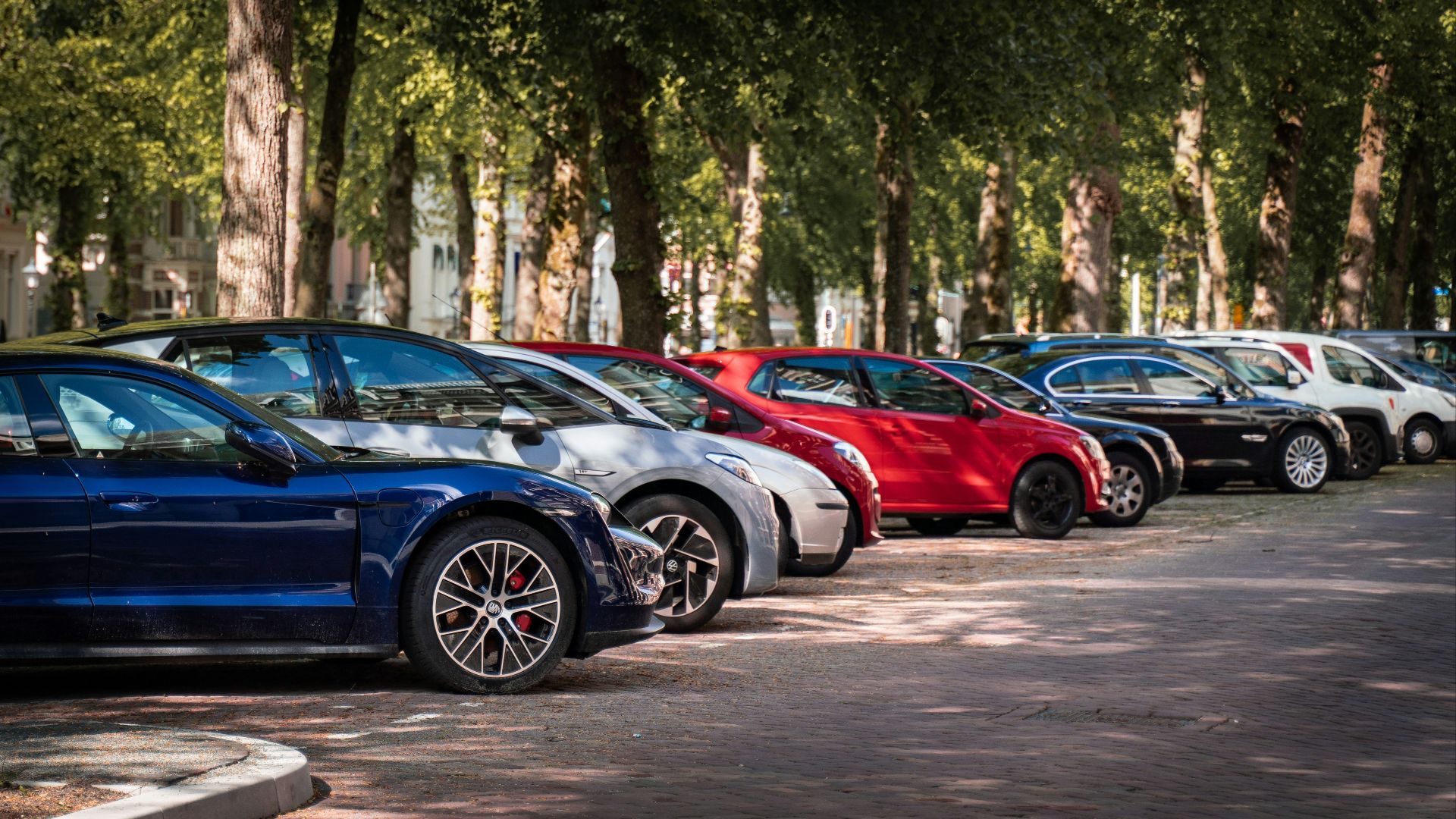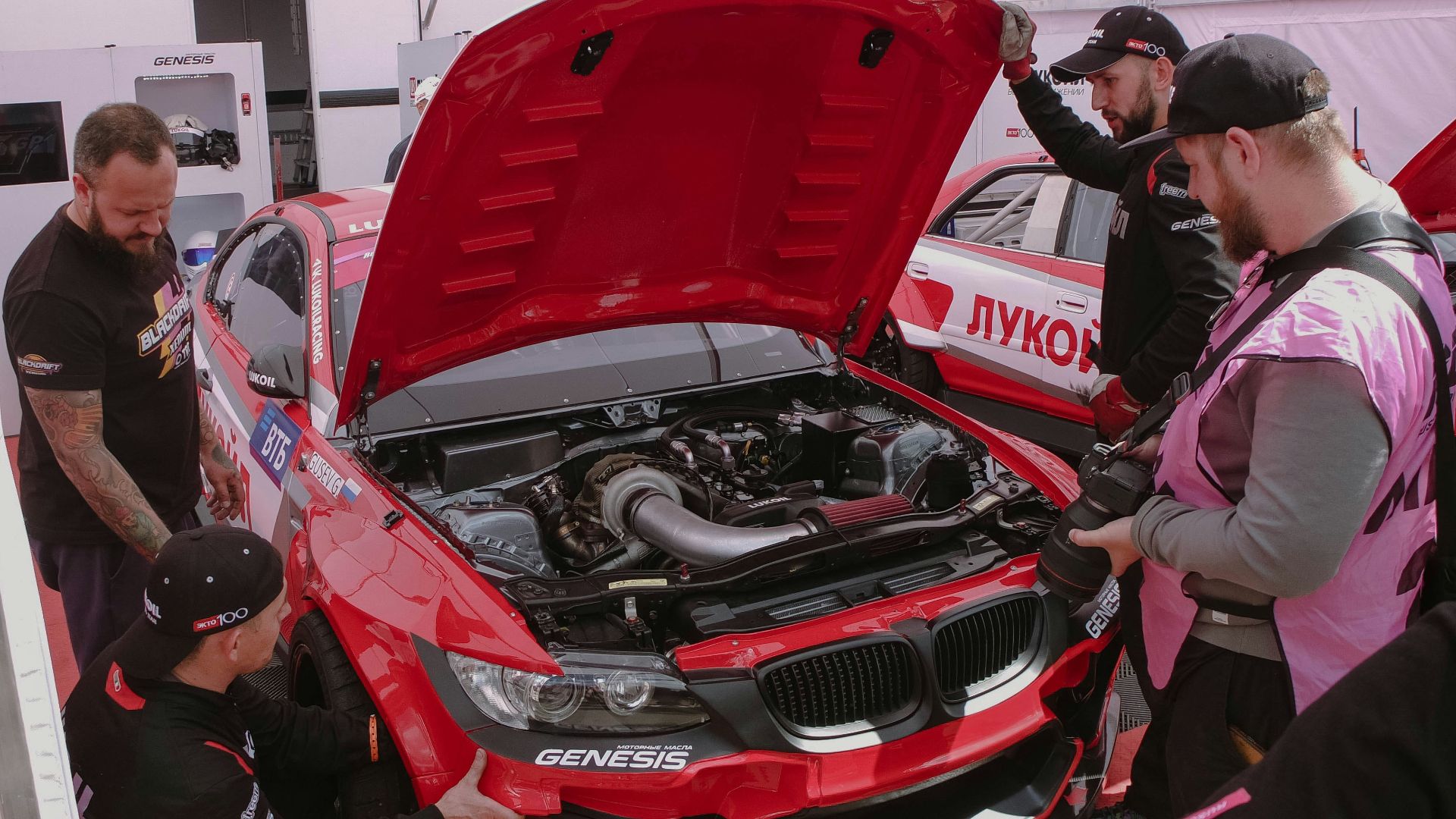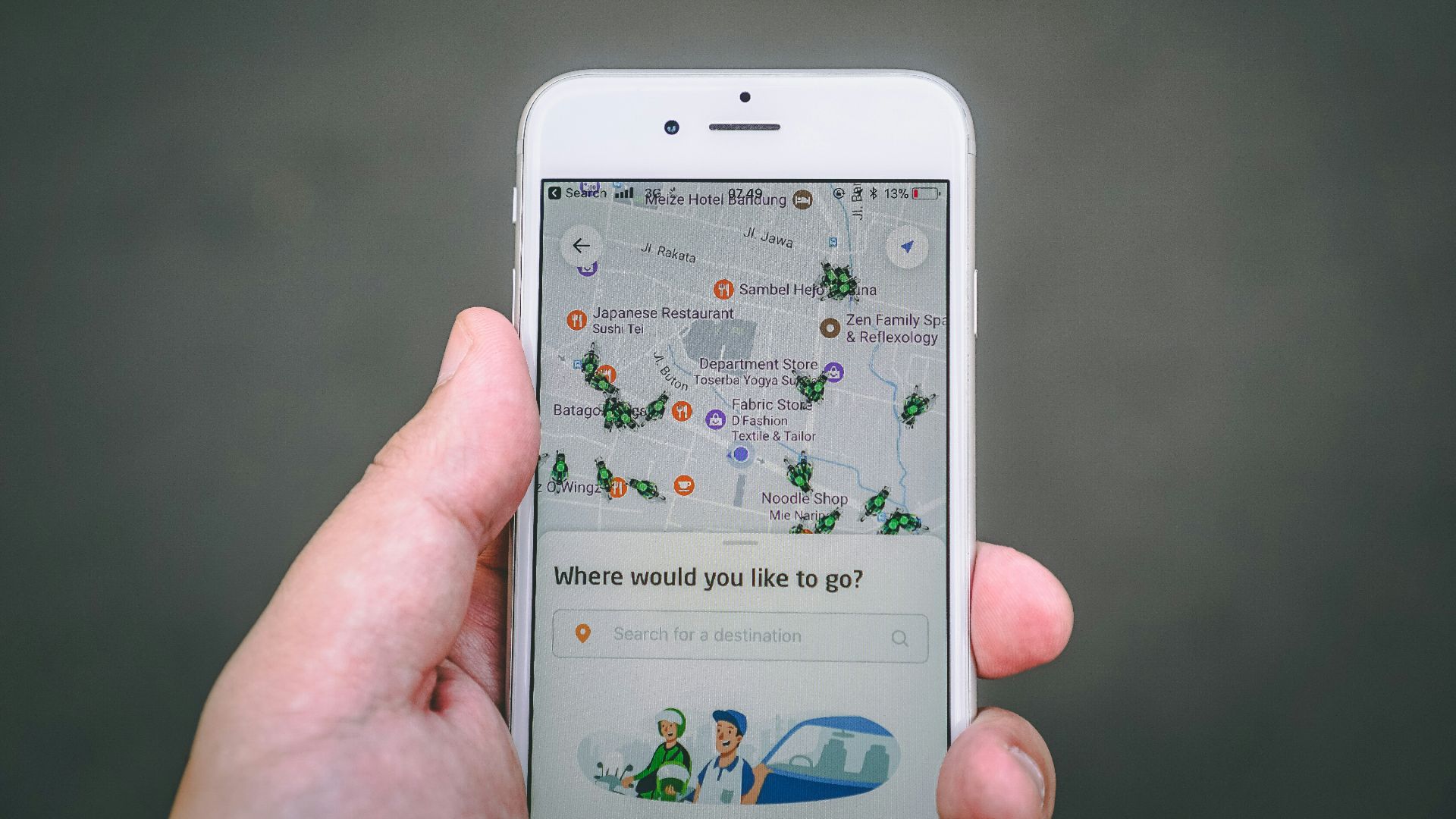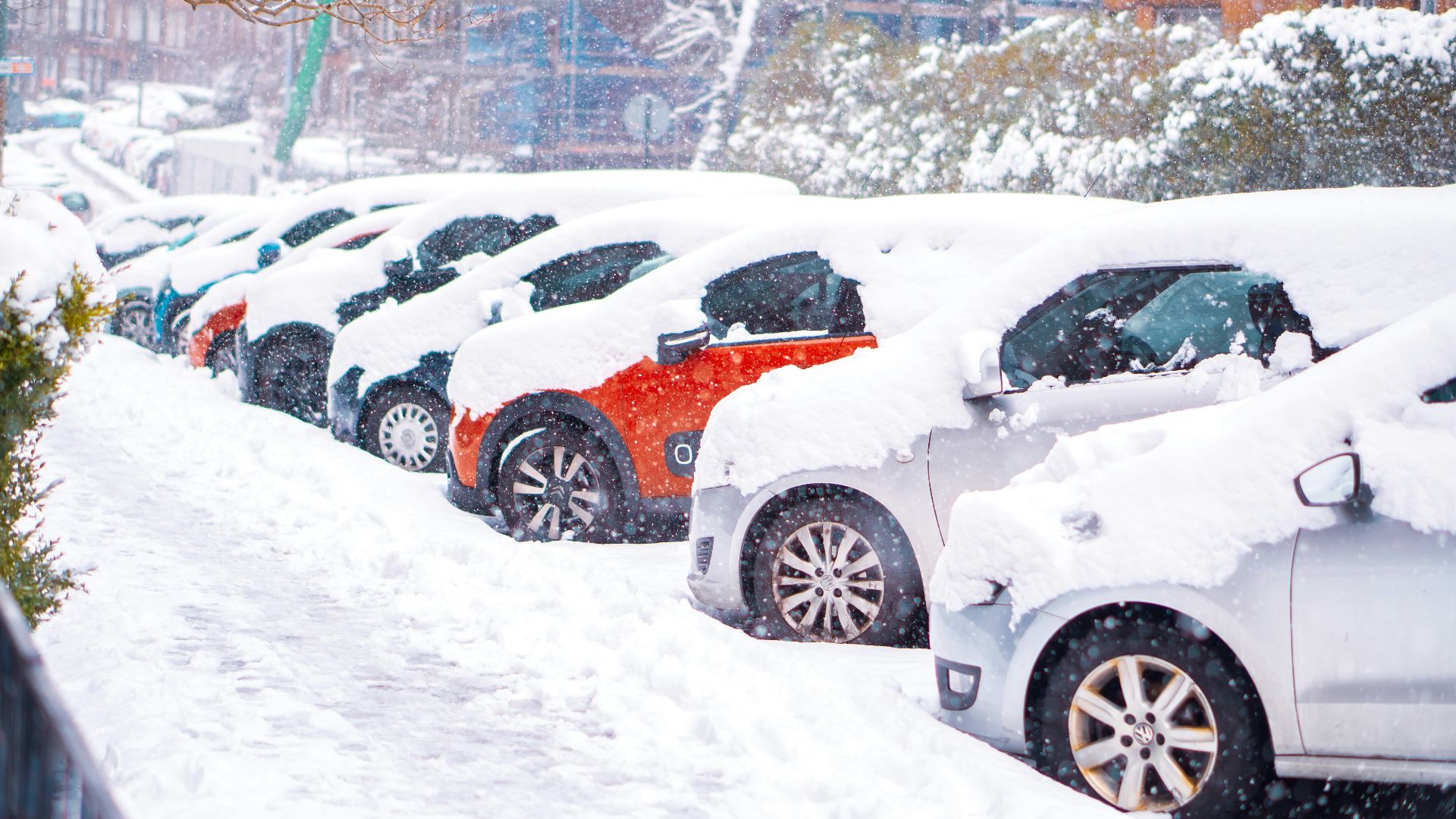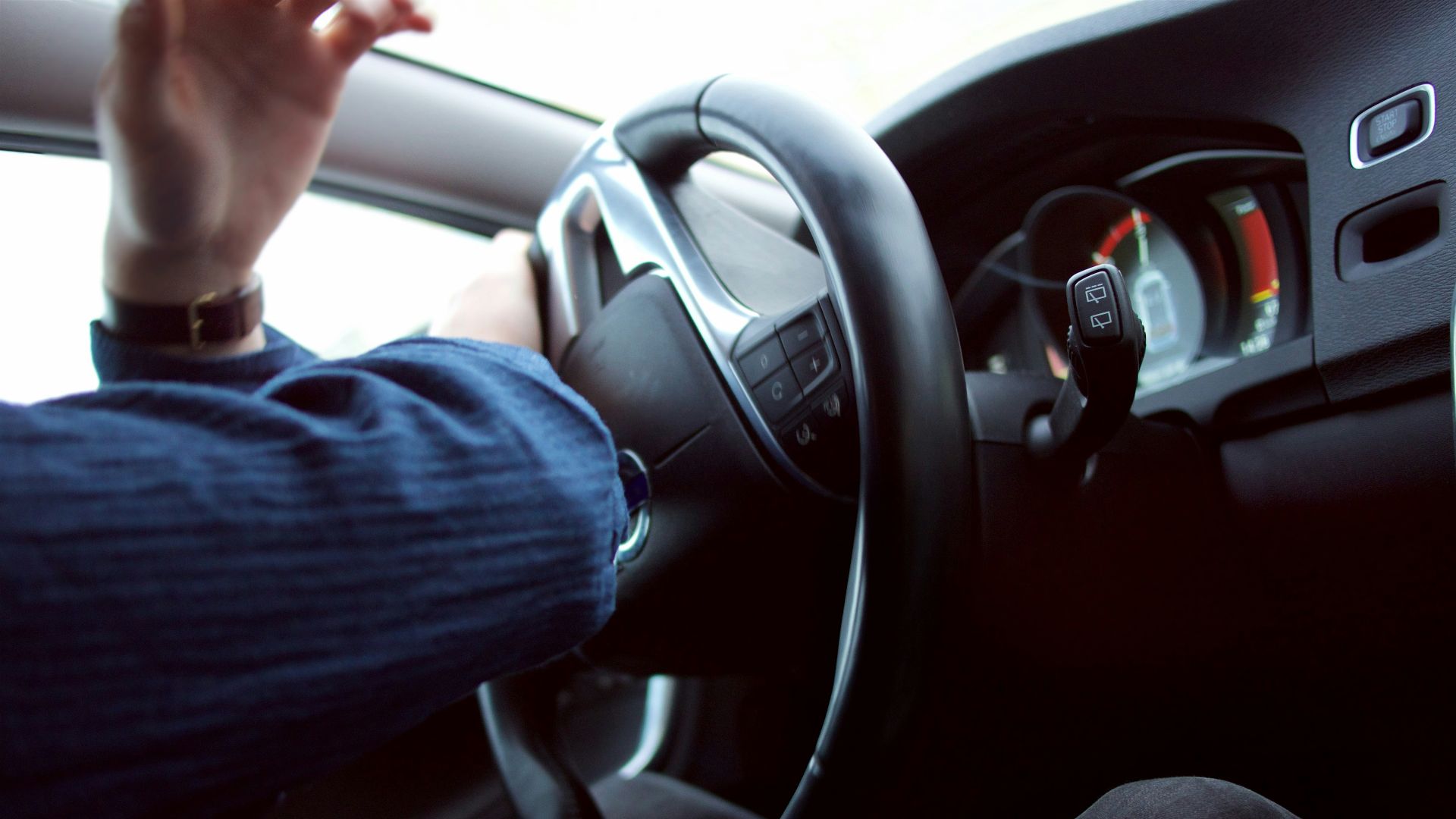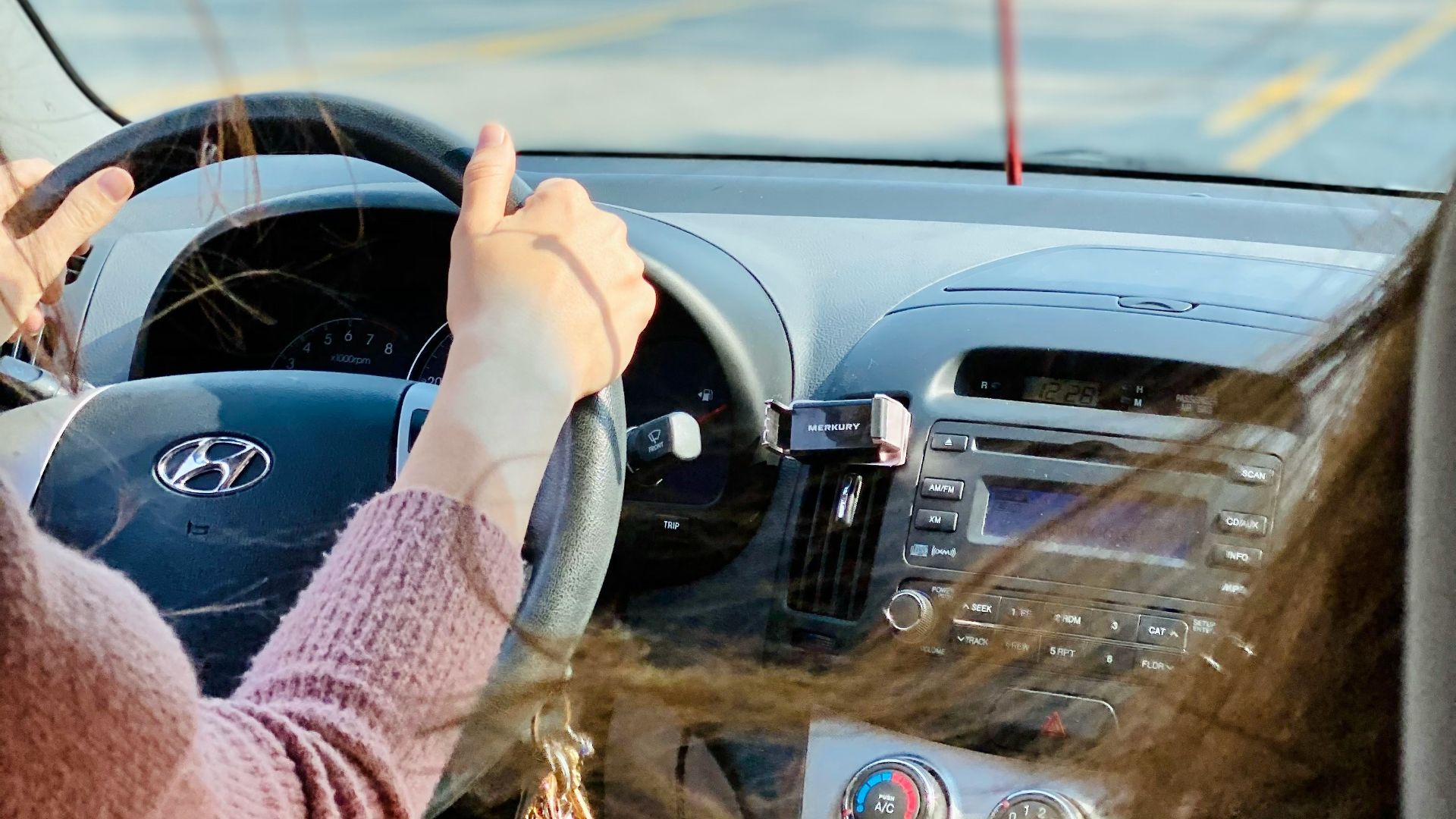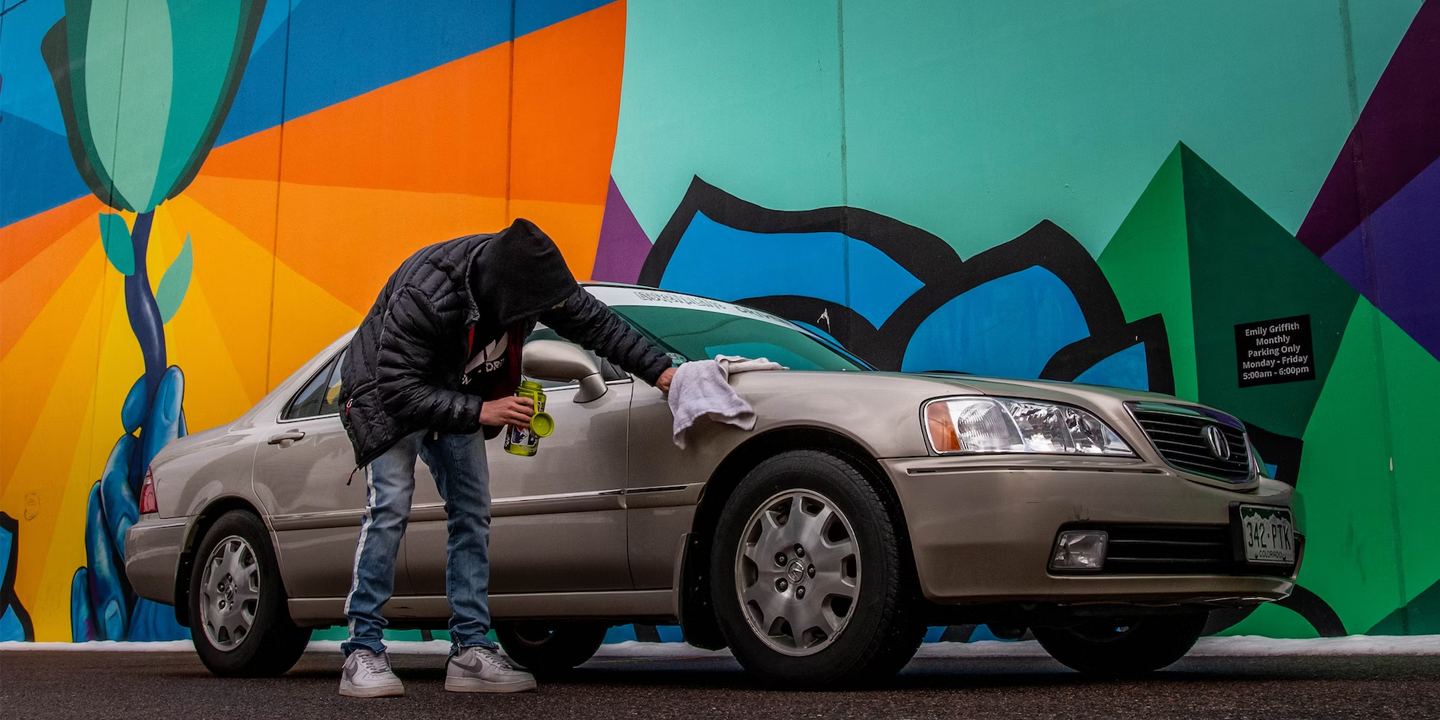The Road Ahead Is Smarter Than Ever
Every few months, someone declares that the self-driving revolution is just around the corner. And for a moment, it feels believable, and we start to envision cars gliding through intersections like choreographed dancers, traffic jams melting away, and everyone sipping coffee while their dashboards do the work. Then reality hits like a head-on collision, and we spot another “autonomous mode” headline that makes us question whether that sci-fi future is truly on our doorstep. Here are ten reasons why self-driving cars are well on their way to becoming a reality, and ten reasons why it’s unlikely to ever fully catch on.
 Antoni Shkraba Studio on Pexels
Antoni Shkraba Studio on Pexels
1. Safety, in Theory
The fact is, machines don’t text and drive, fall asleep, or try to balance a coffee in one hand and a steering wheel in the other. Over 90% of car crashes come from human error. Remove the humans, and we could save thousands of lives a year. It’s math. Cold, hopeful math.
2. More Time, Less Stress
Imagine never having to white-knuckle it through rush hour again. While our car dealt with traffic, we could lounge in our seat, answering emails, napping, or even enjoying the view out the side window for a change. The idea of reclaiming several hours each week has a powerful pull.
3. Mobility for Everyone
This technology would open up the world again for the elderly and disabled who are unable to drive. There’d be no more begging for rides or waiting for specialized buses that never arrive on time. A self-driving car could be freedom on wheels for a whole segment of neglected members of society.
4. Fewer Parking Nightmares
The future supposedly has no parallel parking. Cars will drop us off and then go park themselves—or maybe even circle around like obedient dogs until we’re ready to leave. City planners dream of repurposing parking lots into parks, housing, or anything that doesn’t involve endless asphalt. Self-driving cars might make that dream possible.
5. Better Traffic Flow
Imagine no more running through yellow lights or hesitating at the green light. We all dream of a world without back-to-back traffic on our morning commute. Self-driving fleets could communicate, maintaining perfect distance and timing. Traffic, that great universal source of frustration, might finally ease somewhat.
 Portuguese Gravity on Unsplash
Portuguese Gravity on Unsplash
6. Environmental Efficiency
Automation could make driving cleaner, with less idling and pollution. Cars would automatically optimize their routes, sync with lights, and cut emissions in ways human drivers never could. Pair that with electric engines, and maybe our cities start smelling a little fresher.
 Vladyslav Lytvyshchenko on Unsplash
Vladyslav Lytvyshchenko on Unsplash
7. Cost Reduction Over Time
Sure, the first ones are expensive, but so were microwaves, flat screens, and smartphones. As tech scales, prices reliably drop. Eventually, autonomous rides could be cheaper than owning a car at all—and maybe even cheaper than taking the bus. Just think—no insurance hassles, no maintenance headaches. Just book and go.
8. Economic Opportunity
Behind every self-driving car is a team of software engineers, data analysts, and city planners changing the infrastructure of the city to accommodate this new technology. Whole industries will reshape themselves. The jobs won’t vanish; they’ll just shift.
9. Reduced Congestion from Ride-Sharing
If you’ve ever sat behind three separate cars, each with one person inside, you’ve seen inefficiency in action. Autonomous fleets could pool riders, smartly routing them to minimize empty seats. It would be the dream version of Uber, without the surge pricing.
10. The Inevitability Factor
Some things just happen whether we want them to or not. Once the technology exists, it moves forward as unstoppably as gravity. There’s too much money, too much momentum, and too much Silicon Valley optimism to stop it completely. Whether we trust it or not, it’s coming.
And now, here are ten reasons why self-driving cars are unlikely to take over the highways any time soon.
1. The Edge Case Problem
Computers hate unpredictability. If a leaf blows across the street or a kid chases a soccer ball across the road, a computer system can go haywire with indecision. Humans make split-second moral decisions; machines run calculations—sometimes too slowly—and this can lead to tragedy.
2. Liability Nightmares
When a robot car crashes, who’s at fault? The owner? The programmer? The automaker? Lawyers are already circling, eyeing multimillion-dollar settlements. Every accident sets a new precedent, and every precedent slows progress and makes technological innovators hesitant to press forward.
3. The Price of Entry
Most people can’t afford to drop $80,000 on a futuristic car. Until prices fall, the roads will be a messy mix of autonomous cars trying to predict human drivers who can’t afford autonomy. It’s like teaching a Roomba to navigate a dance party.
4. Data Privacy on Wheels
Your car will know everywhere you go, how fast you drive, and how often you stop for coffee. Every movement of yours will be logged, every habit recorded. Unfortunately, convenience and surveillance often go hand in hand. How many of us are willing to make this tradeoff?
5. Job Losses
The reality is that millions rely on driving gigs for a living. Whether they’re a trucker, cab driver, or delivery worker, automation could gut their careers. Sure, new tech jobs will appear, but try telling a 55-year-old long-haul driver to pivot into data analytics. The human cost is real and is often glossed over.
6. Weather Isn’t Cooperative
When a camera fogs over in the rain, what happens then? A self-driving car might ace sunny California roads but lead you straight into a snowbank in a Midwestern blizzard. Until systems can navigate through nature’s chaos with ease, human hands should stay on the wheel.
7. Infrastructure Gaps
Autonomous vehicles thrive on consistency: clear lane markings, good signage, and predictable roads. Many cities barely maintain their potholes, let alone support tech-ready streets. It’s one thing to design for San Francisco—another for rural Kentucky.
8. Ethical Dilemmas
Who does the car save in an unavoidable crash—the driver or the pedestrian? Algorithms can’t avoid the moral math. Humans might be flawed, but at least we own our choices. Machines outsource the guilt in a way that’s coldly unsettling.
9. The Trust Issue
Here’s the thing: would you nap while your car hurtles down the freeway? Some people already do, inadvertently. Others clutch the armrest when cruise control kicks in. Public trust builds slowly, and every malfunction resets the clock. One bad viral video undoes years of progress.
10. We Actually Like Driving
There’s something visceral about getting behind the wheel of a car and hitting the open road. Driving’s not just transportation; it’s independence. Maybe we don’t want to give that up entirely, no matter how “smart” the car becomes.




